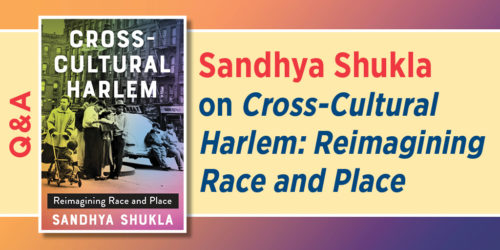The Late Age of Print Coming to a Syllabus Near You
The Atlantic recently posted C. W. Anderson’s syllabus for his class at CUNY on the history of print culture. Anderson, who is also a a visiting fellow at Yale Law School’s Information Society Project and a Knight Media Policy Fellow at the New America Foundation, describes the course:
The primary goal of this class is to teach students about the culture of “print media” in an era when that culture is being joined (and in some cases, overtaken) by a culture that we might variously call digital culture, online culture, or the culture of the web. What does “print” mean in our digital age? And what does “culture,” mean, for that matter? By culture I mean something that is not reducible to “economics,” “technology,” “politics,” or “organizations” — although culture emerges out of the nexus of these different factors, and others. In other words, I want to disabuse my students of the notion that new technologies or new economic arrangements can create digital or print culture in the same way that a cue ball hits a billiard ball on a pool table.
One of the books included on his list is Ted Striphas’s The Late Age of Print: Everyday Book Culture from Consumerism to Control. Anderson, writes “Striphas does a nice job of countering some of the techno-determinism present in many proclamations about the digital age, discussing how books and the book industry actually operate in the early 21st century. He’s also got a great blog, which I’m thinking will be just as valuable for the class as the book is.”
The Late Age of Print will be used in the ninth week of the course, which focuses on the print network, booksellers, libraries and Google. Here’s how Anderson, describes that section of the course and the reading for it:
Print has a place; it exists in space as well as in time. From Striphas’ The Late Age of Print: Everyday Book Culture From Consumerism to Control we’re going to read a chapter on the “Big Boxstore Blues,” about how books get sold and marketed in 2010. But what about libraries? And is Google better than a library? Here, I’m going to give my students a great, recent essay by Robert Darnton, “The Library in the New Age.” (Incidentally, Darnton is one of the founders of the scholarly area known as “Book Studies,” with his 1982 article, “What is the History of Books?”)
Click here for the full syllabus and list of books in the course.



